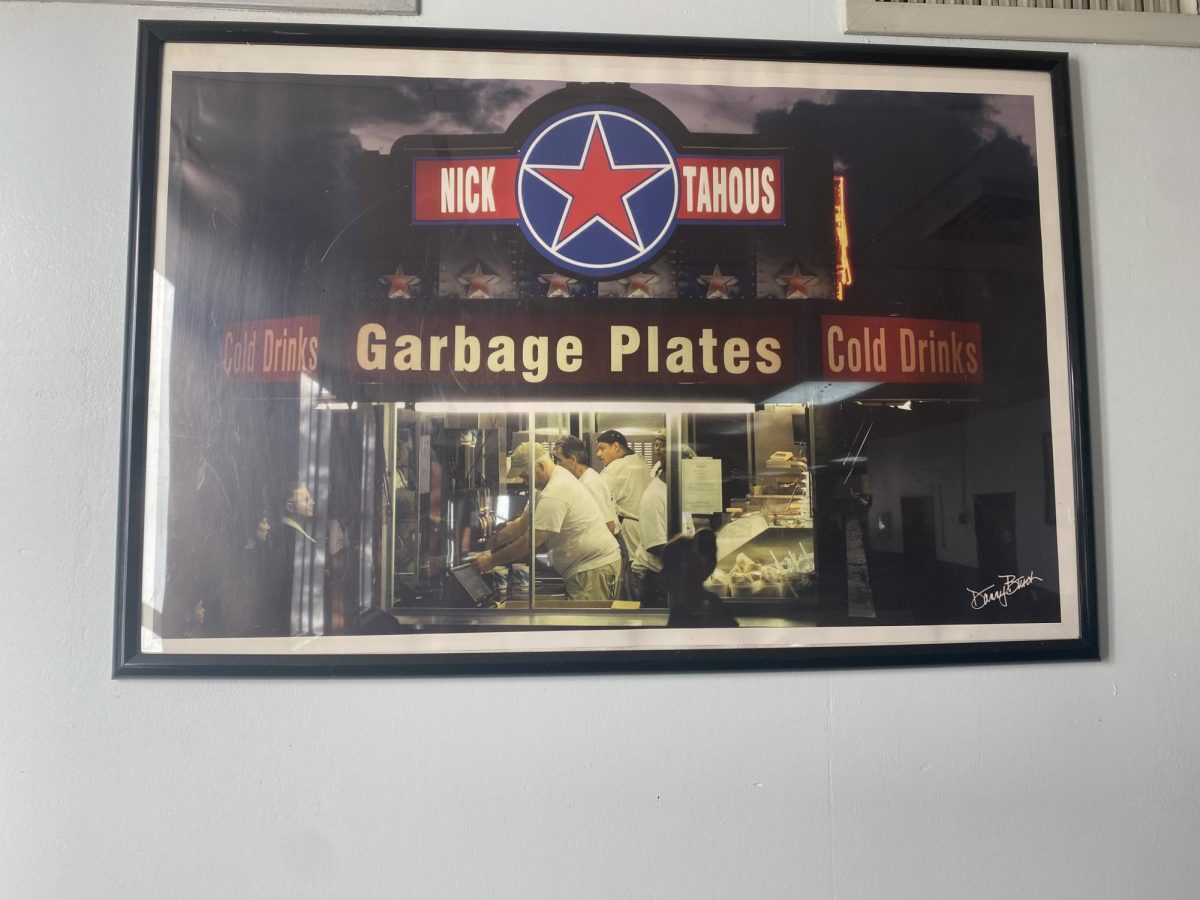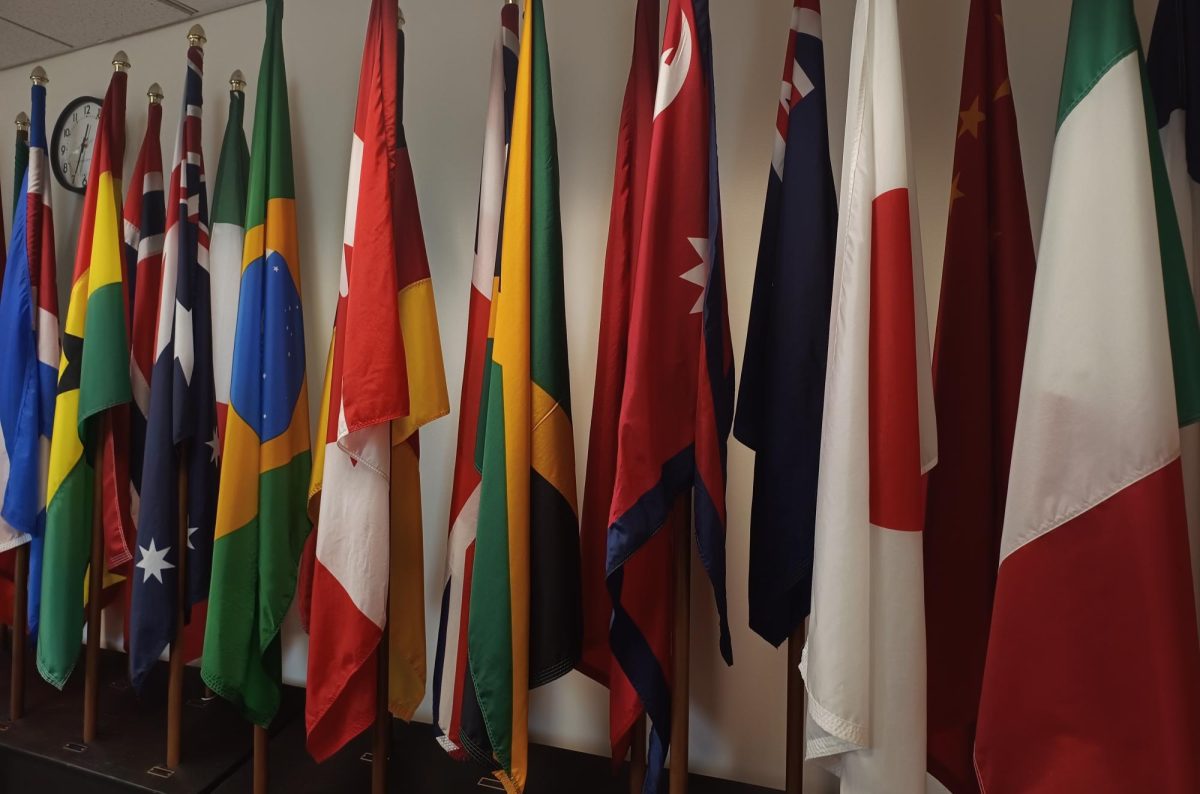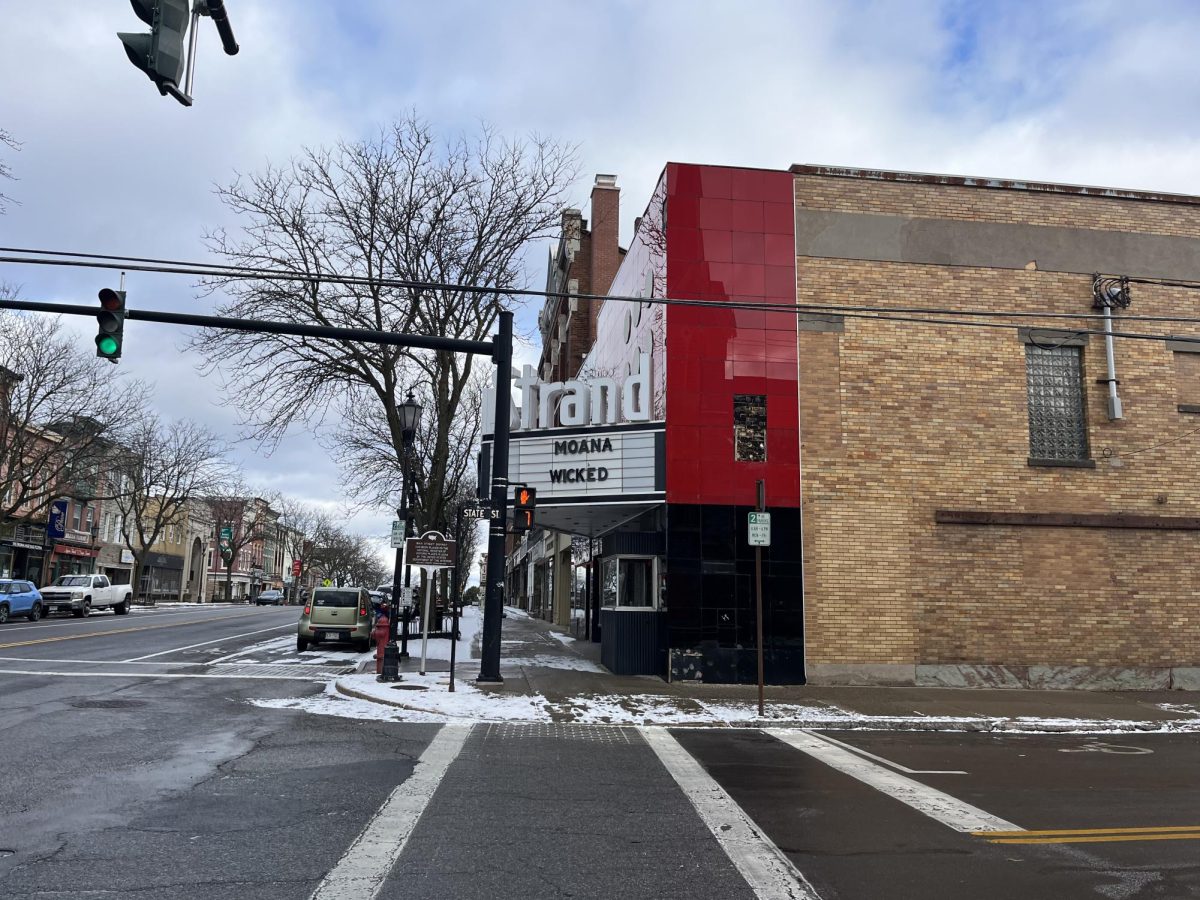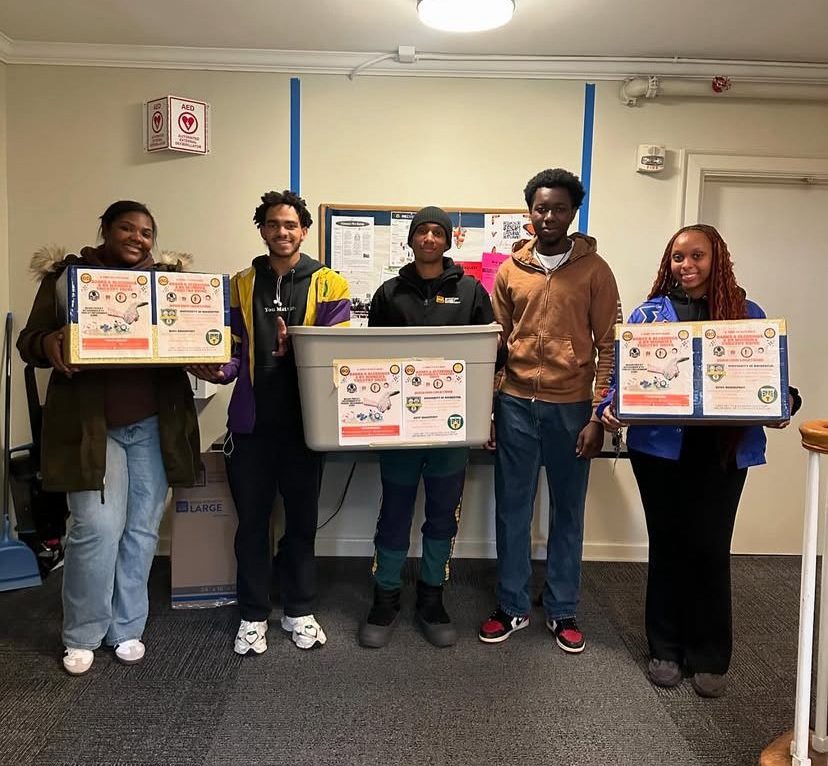For four consecutive years, Pedro Rogelio Marcos would submit his application for the Special Cuban Migration Program in the American embassy in Cuba, hoping to be lucky enough to win. He lost all hope when the program was shut down in 1998. Little did he know that he would be one of the fortunate few to be granted a chance at a better life five years later.
Marcos is now 70 years old and living with his family in Rochester. He looks back in time, retelling the story of how he was given a second chance in life.

“Muy afortunado,” Marcos said. The translation for muy afortunado is very fortunate. “That is how I felt when I received a yellow envelope at my doorstep. The envelope that would change my life forever. When the program shut down in 1998, I lost all hope,” Marcos said.
Marcos started applying for the migration program when he was 44 years old. He would grab an application from the post office and fill it out before dropping it off at the embassy.
“I could mail my application to the embassy, but in Cuba, not even the post office could be trusted,” Marcos said. “I had seen how post office workers would rip or throw away applications instead of mailing them. So, I would travel from Sancti Spiritus to Havana, just so I could have a better chance at winning the visa lottery,” Marcos said.
In 2003, Marcos formed part of the last group of Cubans to win the visa lottery. Even though the program had ended, the people who had submitted their applications were still being processed.
“A yellow envelope meant you had won. When I saw that yellow envelope on my doorstep, I felt happiness like I had never felt before. After I won the visa lottery, I went through the entire process,” Marcos said. “I was able to include my immediate family in my application, so my wife and my son were with me through the entire process. We had to go to a medical exam, get our passports and go to an interview. I was grateful to have won, but more than that, I was grateful to have been able to give my family such a great opportunity as well.,” Marcos said.
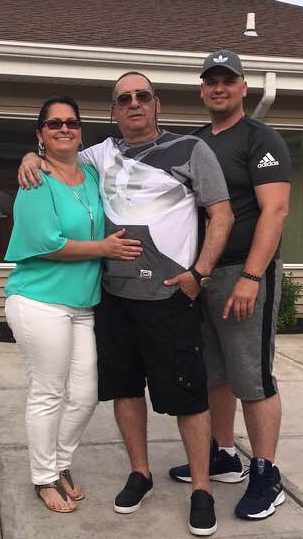
After completing all the requirements and going to the interview at the embassy, where they were asked a series of questions regarding their political affiliation and why they wanted to leave the country, Marcos and his family were sent home to wait for two months until their paperwork was finalized.
“Everything went smoothly after the interview,” Marcos said. “We waited for two months and then got on a plane for the first time with a one-way ticket to the country we would call our new home. We first arrived in Miami. In the airport, I found out about the Catholic Family Center, and they gave us refuge for seven days,” Marcus said.
After the Catholic Family Center found Marcos and his family a place to live in Rochester, he and his wife were also given work permits and got their first months of rent paid for along with a check and food stamps.
“I chose to come to Rochester because my cousin was living here, so I asked the Catholic Family Center to send me here,” Marcos said. “When we arrived here in 2003, the snow went up to our knees every day. We had never seen snow before. Only in movies. It was an extreme change, but it was what we had to do,” Marcos said.
Migdalia Martin, Marcos’ wife, said she supported her husband in the years that they waited for Marcos to be chosen for the visa lottery. She would help him fill out the paperwork and travel to Cuba’s capital to submit the application.
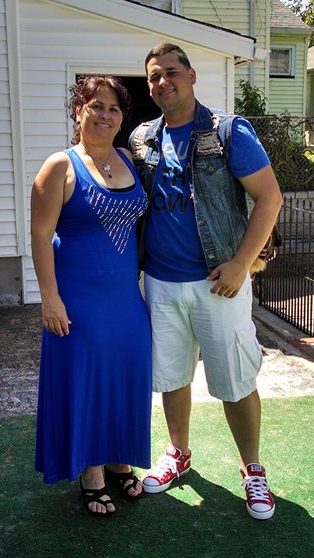
“I don’t even want to know about Cuba,” Martin said. “My country doesn’t function. There is no way to live in Cuba. Life here comes with a bit of worry and anxiousness, but I am grateful to be here. When my husband won the visa lottery, I think it was the happiest I have ever been. I might have been even happier than him. I was happy but then I realized we would end up in a country I had never been to before,” Martin said.
Elvis Omar Marcos, Marcos’ and Martin’s son, moved to the United States with his parents when he was 11 years old.
“Like any child, I was happy to come here,” Elvis Marcos said. “There wasn’t much for me to worry about back then. I remember jumping with excitement but also being sad because I was leaving my friends and everything I knew behind. But as a child, you think you are simply going on vacation when in reality, you leave without knowing if you might ever go back,” Elvis Marcos said.
Marcos and his family have lived in Rochester for 20 years. They have worked hard and have been grateful for the opportunities they were given.
“I have gone back to Cuba twice,” Pedro Marcos said. “I wouldn’t go back again. I still have family there, but going back doesn’t appeal to me. It’s a communist country. It’s a prison and I am glad I was able to get out of there with my wife and son when we did,” Pedro Marcos said.
After being fortunate enough to win the Special Cuban Migration Program and knowing what it’s like to live in a country with opportunities and freedom, Marcos will forever remember the day he was granted a chance at a better life.











